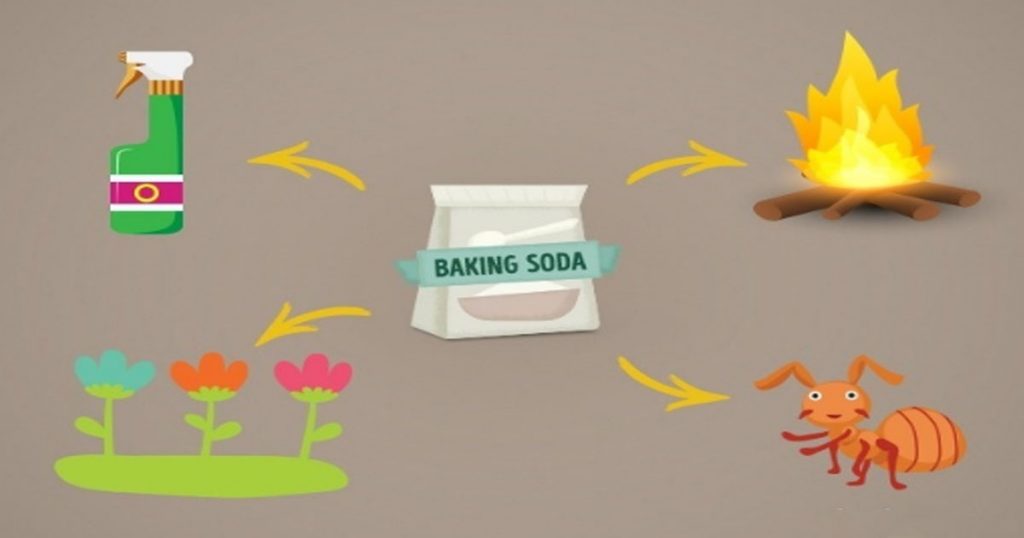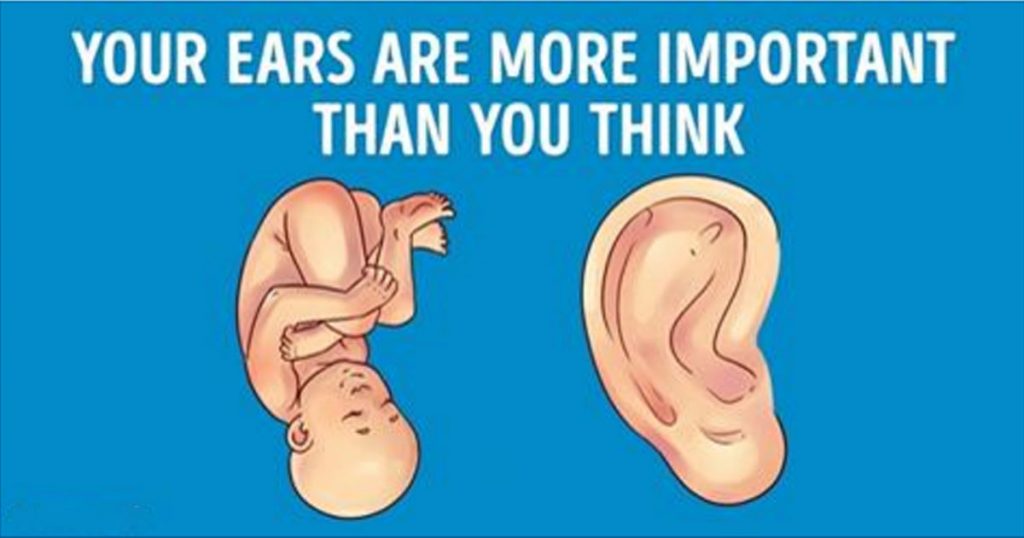What is anemia?
Anemia is a condition in which your blood doesn’t have enough healthy red blood cells. Red blood cells are responsible for transporting oxygen from your lungs to the rest of your body. Lack of circulating red blood cells can result in hypoxia, meaning tissues in your body don’t get enough oxygen. This leads to a number of symptoms, the most common one being fatigue.

It’s estimated that about 3 million Americans have anemia. Anyone can develop anemia, but very young children, women of childbearing age, pregnant women, and seniors are at a higher risk. There are many factors that can cause the condition, and treatment depends on the underlying cause. In mild cases of anemia, there may be no symptoms, but anemia can be life-threatening if it’s severe.
What are the symptoms of anemia?
The most common symptoms of anemia are tiredness and weakness. Other symptoms may include:
- shortness of breath;
- increased heart rate;
- chest pain;
- pale or yellowish skin;
- headache;
- dizziness;
- cold feet and hands.

Symptoms listed above warrant a visit to the doctor. To diagnose anemia, your doctor will review your personal and family medical history, perform a physical exam, and order a blood test called complete blood count (CBC) or other tests.
What are the risk factors for developing anemia?
There are certain factors that increase the risk of developing anemia. They include:
- lack of iron, folate, vitamin B12, and other vitamins and minerals in your diet;
- blood loss from surgery or injury;
- old age – 65 years and older;
- in women, heavy periods;
- pregnancy – pregnant women need extra iron and folate and should ask their doctors about supplements;
- prolonged use of NSAIDs;
- diseases the affect the absorption of nutrients in the small intestine, such as Crohn’s disease and celiac disease;
- other chronic and serious conditions, including cancer, liver disease, kidney disease, thyroid disease, heart failure, diabetes, rheumatoid arthritis, and HIV/AIDS;
- long-term infections;
- a family history of blood disorders, such as sickle cell disease and thalassemia.

Is there a way to prevent anemia?
Anemia caused by dietary deficiencies can be prevented by eating balanced, diverse diet rich in iron, folate, vitamin B12, and vitamin C.
If you’re pregnant or breastfeeding, ask your doctor what changes in your diet you have to make and whether you need dietary supplements.

Adequate treatment of health problems that may cause anemia can prevent the condition.





